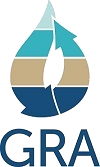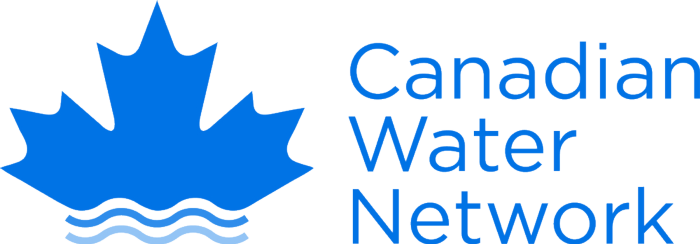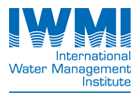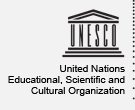Presentations 2016
Wagner, Brian
Presentation Title
Addressing Model Uncertainty in Groundwater-Management Modeling: A Case Study from the Upper Klamath Basin, Oregon and California.
Institution
U.S. Geological Survey
Video
Video Not Available
Presentation
Profile Picture
Picture Not Available
Abstract
Resource-management agencies in the upper Klamath Basin (located in southern Oregon and northern California) require methods to determine groundwater-management strategies that augment surface-water irrigation supplies while simultaneously avoiding adverse effects of pumping on groundwater and surface-water resources. In an earlier study (Wagner and Gannett, 2014, U.S. Geological Survey Scientific Investigations Report 2014-5054, http://dx.doi.org/10.3133/sir20145054 ), we linked deterministic groundwater simulation with optimization to create a decision model that identifies practices that best meet the goals and constraints associated with groundwater development in the basin. The decision model was developed within the framework of the Klamath Basin Restoration Agreement (KBRA), which would establish a permanent limit on the amount of surface water that can be diverted for irrigation in the Bureau of Reclamation Klamath Project. The model evaluates groundwater-management alternatives to: (1) identify groundwater-pumping patterns that, to the extent possible, meet supplemental irrigation demand expected under the KBRA; (2) limit the effects of groundwater withdrawal on groundwater discharge to streams and springs that support aquatic habitat, as defined in the KBRA; (3) ensure that drawdown caused by managed pumping does not exceed limits allowed by water law; and (4) ensure that groundwater pumping does not adversely affect agricultural drain flows that supply downstream irrigators and wildlife refuges. The results indicate that groundwater pumping is limited primarily by drawdown restrictions defined by Oregon water law, and that the effects of managed pumping on streams and springs that support aquatic habitat are substantially less than limits defined in the KBRA. In this study, we extend the work of Wagner and Gannet (2014) to evaluate the effect of model uncertainty on groundwater-development planning in the upper Klamath Basin.We developed a stochastic management model that combines optimization with calibration-constrained uncertainty analysis to identify risk-averse groundwater-management plans. The calibration-constrained uncertainty analysis first generates a suite of 1000 parameter realizations, with each realization reproducing the groundwater-model calibration data within a specified tolerance. This set of parameter realizations forms the basis of model-prediction uncertainties obtained using Monte Carlo methods. The model-prediction uncertainties are then included in the optimization model using the chance-constrained method that defines the probability that the groundwater-management constraints will be satisfied. The resulting optimization model allows us to identify robust groundwater-management strategies that account for uncertainties associated with simulated drawdown and groundwater discharge, and to evaluate the trade-offs between pumpage and system reliability (as specified in the chance-constrained model). Preliminary results indicate that a robust groundwater-management strategy would reduce and redistribute managed pumping when compared to the deterministic results, and that the changes in pumpage result primarily from uncertainties associated with the calibrated values of hydraulic conductivity and specific storage for the model zones where managed wells are located. The results also indicate that, as with the original management-modeling effort, the pumpage associated with robust groundwater management is limited by drawdown restrictions and impacts to agricultural drain flows; the uncertainty-based constraints that limit the impact of pumping on groundwater discharge to aquatic habitat do not approach the limits defined in the KBRA.
|












